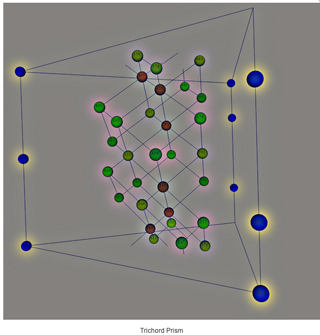Mathematical analysis of music started when Pythagoras made his observations about consonant intervals and ratios of string lengths.
ADDED:
In the paper Mathematical Music Theory -- Status Quo 2000, G. Mazzola, ETH Zürich, Departement GESS, and Universität Zürich, Institut für Informatik, available here, we have the following statement:
... These models use different types of mathematical approaches, such as—for instance—enumeration combinatorics, group and module theory, algebraic geometry and topology, vector fields and numerical solutions of differential equations, Grothendieck topologies, topos theory, and statistics. The results lead to good simulations of classical results of music and performance theory. There is a number of classifiaction theorems of determined categories of musical structures.
In conclusion, the author says:
If we review the overall power of mathematics in the description, analysis and performance of music, it turns out that it has a unique unifying character: Seemingly disparate subjects become related and comparable only through the universal language and methods of modern mathematics. Moreover, the operationalization of the abstract theories on the technical level of computers and software is an immediate and very important empirical and theoretical consequence of mathematization. For the first time, models and experimental setups can be applied in a scientific, i.e., precise and objective framework. Finally, the embedding of the historically grown existing theories in the mathematical concept framework preconizes a natural extension of facticity to fictitious variants, thereby opening the way to the comprehension of the crucial question of musicology: Why do we have this music and no other? Of course, there will be other musics. But mathematical methods and associated technologial tools will undoubtedly play a dominant role it their discovery and exploration, be it on the level of instrumental realization, be it on the very concept space which transcends pure intuition and catalyzes fantasy to an unprecedented degree.
The MODIFIED question is: from the modern mathematical point of view, is it possible to define (aspects of) music?

